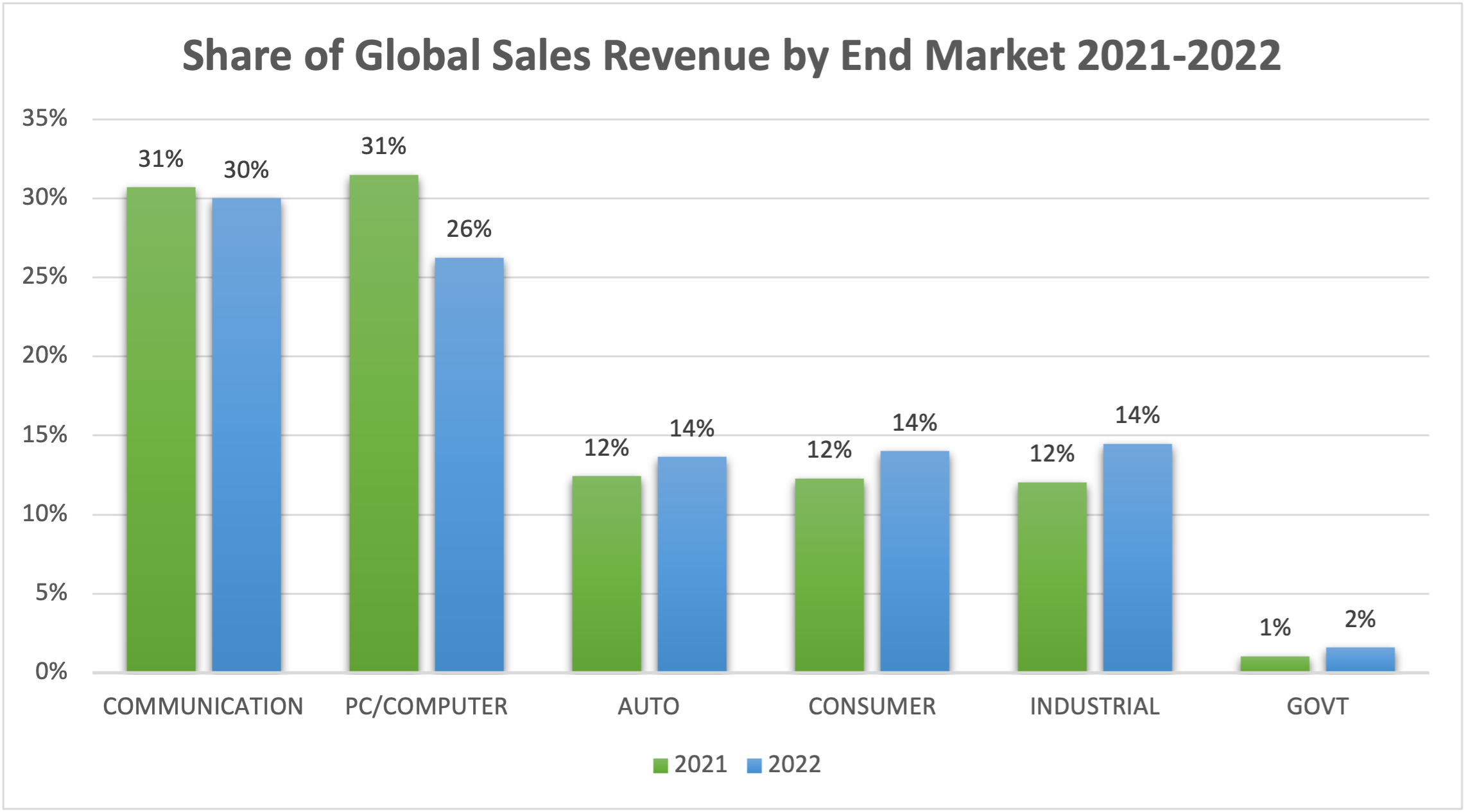Coyol Free Zone offers multiple perks and particular conditions that would benefit any semiconductor manufacturing company coming to Costa Rica
For many decades, Costa Rica has stood out as an ideal environment for a lot of advanced manufacturing companies, evolving towards an industry that innovates with Artificial Intelligence, process automation, and cost-efficiency.
With the semiconductor industry facing the challenge of diversifying its supply chain following a major setback caused by the COVID-19 pandemic and the Russian-Ukrainian war, there is fertile ground to attract companies from this sector.
U.S. firms are seeking to expand their operations in Latin America, aiming to create a more sustainable production chain that could benefit the market stability, supported by the International Technology Security and Innovation Fund.
Costa Rica can also benefit from U.S. global leadership in semiconductor sales, which account for 48% of the market share.
Read: Partnership with Costa Rica to Explore Semiconductor Supply Chain Opportunities
Although this Central American country is an emerging market for semiconductor companies, Intel has paved the way for others, most recently opening an Assembly & Processor Testing center after more than 25 years of operation in Costa Rica.
Another significant aspect to consider is the CHIPS Act, potentially serving as a transformative force for the local industry by implementing regulations that stimulate both the demand for and the development of these devices.

Costa Rica holds the pole position in Latin America to attract new investments, but what makes this country exceptionally suitable for the semiconductor industry?
The ideal conditions for the Semiconductor Industry
Experts Devrin Call, Senior Director of Site Selections at Intel Corporation, and Daniel Picado, Divisional Vice President of Operations at Bourns Inc., listed the factors that make Costa Rica a potential candidate for the expansion of semiconductor companies in Latin America during the presentation of the “Enhancing the Costa Rican Semiconductor Ecosystem” online seminar, hosted by CINDE:
- Strategic location: Semiconductors are expensive to produce outside the U.S. While the Asian region accounts for over 90% of global semiconductor foundry revenue, thanks to adequate infrastructure and sustainable production prices, the logistics and cost of transportation often represent a hefty downside of having the production chain located so far from the country of origin. Costa Rica’s proximity to semiconductor manufacturers installed in the U.S. translates to lower operational costs and savings in transportation and warehousing.
- Leading the region: Due to Intel’s longstanding presence, Costa Rica boasts an ample talent pool of qualified professionals with experience in the semiconductor assembly processes.
- Environmentally Sustainable development: Costa Rica is a regional leader in sustainable production: it generates more than 99% of its energy through renewable sources.
- Neutrality and political stability: Since the abolition of the army in 1948, the country has become a global benchmark of democracy and a symbol of peace advocacy. In other words, Costa Rica’s political environment provides security to investors.
What does the Semiconductor Industry expansion imply for Coyol Free Zone?
We are eager for the business opportunities that the semiconductor industry enables.
Coyol Free Zone, as a manufacturing industrial park, offers multiple perks and particular conditions that would benefit any semiconductor manufacturing company coming to Costa Rica, such as experience developing infrastructure adapted to U.S. regulations, a highly skilled talent pool, and a strategic location for exporting.
Companies can also enjoy the multiple benefits of the Costa Rican Free Trade Zone regime.
Read: COSTA RICA: Privileged Location Connected to the World
Greater involvement in the semiconductor industry will also open opportunities for new investments that could lead to another valuable export cluster, thus boosting the country’s economy, reputation, and job creation.

